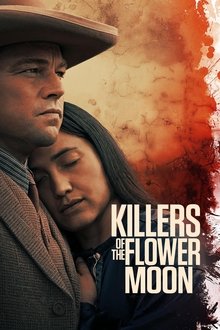A young single mother of four living in a small Texas town. Arrested during a drug raid and accused of a crime she didn't commit, Dee goes against the wishes of her mother, Alma, and rejects the plea-bargain that would free her from jail, but brand her as a felon for life. As word begins to spread that similar incidents are occurring in poor communities all across the country, Dee realizes that there are more mothers out there like her, and decides to take a stand against powerful district attorney Calvin Beckett. Now, despite being well aware of District Attorney Beckett's fierce reputation, Dee enlists the aid of ACLU attorney David Cohen and former narcotics officer Sam Conroy in overcoming the seemingly insurmountable obstacles that, if not navigated with the greatest of caution, now threaten to destroy her life. With the custody of her children on the line, one brave mother wages a valiant battle to strike at the very heart of the corrupt Texas justice system.
Related Movies
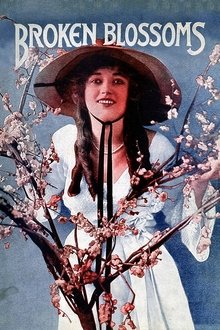
Broken Blossoms or The Yellow Man and the Girl (1919)
The love story of an abused English girl and a Chinese Buddhist in a time when London was a brutal and harsh place to live.
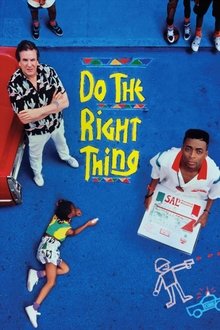
Do the Right Thing (1989)
Salvatore "Sal" Fragione is the Italian owner of a pizzeria in Brooklyn. A neighborhood local, Buggin' Out, becomes upset when he sees that the pizzeria's Wall of Fame exhibits only Italian actors. Buggin' Out believes a pizzeria in a black neighborhood should showcase black actors, but Sal disagrees. The wall becomes a symbol of racism and hate to Buggin' Out and to other people in the neighborhood, and tensions rise.
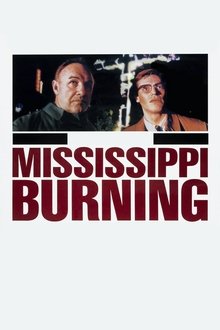
Mississippi Burning (1988)
Two FBI agents investigating the murder of civil rights workers during the 60s seek to breach the conspiracy of silence in a small Southern town where segregation divides black and white. The younger agent trained in FBI school runs up against the small town ways of his partner, a former sheriff.
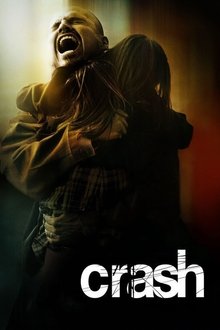
Crash (2005)
In post-Sept. 11 Los Angeles, tensions erupt when the lives of a Brentwood housewife, her district attorney husband, a Persian shopkeeper, two cops, a pair of carjackers and a Korean couple converge during a 36-hour period.
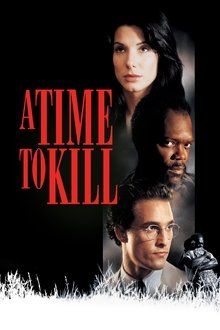
A Time to Kill (1996)
A young lawyer defends a black man accused of murdering two white men who raped his 10-year-old daughter, sparking a rebirth of the KKK.
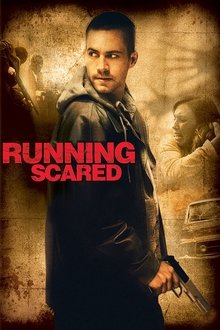
Running Scared (2006)
A low-ranking thug is entrusted by his boss to dispose of a gun that killed corrupt cops, but things spiral out of control when the gun ends up in wrong hands.
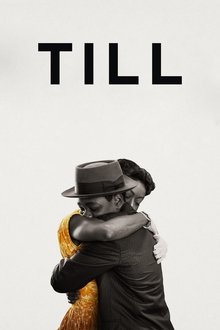
Till (2022)
The true story of Mamie Till Mobley’s relentless pursuit of justice for her 14 year old son, Emmett Till, who, in 1955, was lynched while visiting his cousins in Mississippi.
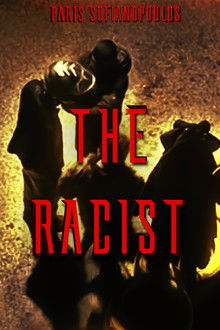
The Racist (NaN)
A satirical low effort short film to portray the stupidity and ugly nature of racism, by Paris Sofianopoulos
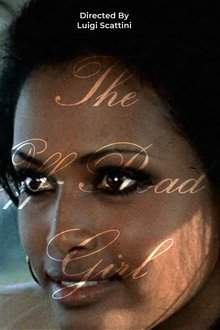
The Off-Road Girl (1973)
A successful advertising journalist, embarks on a journey to Egypt where he encounters Maryam, a striking Eritrean woman whose beauty is matched only by her enigmatic presence. What begins as a chance meeting gradually evolves into a layered emotional connection that challenges Giorgio’s worldview and highlights cultural and racial divides.
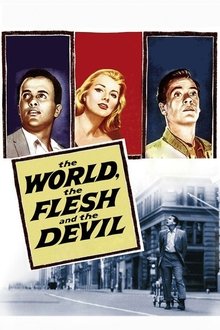
The World, the Flesh and the Devil (1959)
Ralph Burton is a miner who is trapped for several days as a result of a cave-in. When he finally manages to dig himself out, he realizes that all of mankind seems to have been destroyed in a nuclear holocaust. He travels to New York City only to find it deserted. Making a life for himself there, he is flabbergasted to eventually find Sarah Crandall, who also managed to survive. Together, they form a close friendship until the arrival of Benson Thacker who has managed to pilot his small boat into the city's harbor. At this point, tensions rise between the three, particularly between Thacker, who is white, and Burton, who is black.
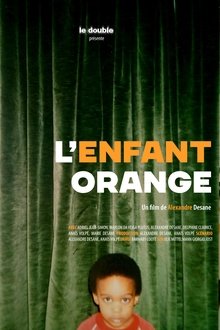
The Orange Child (2021)
In deep introspection, a Black actor sought for some answer when he found his childhood computer, he explores a video game he started creating when he was 11, when he didn't see himself as being black, but as orange.
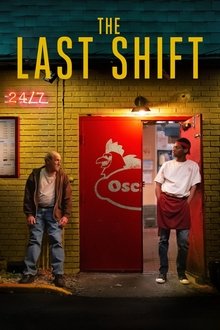
The Last Shift (2020)
Stanley, an aging fast food worker, prepares to work his final graveyard shift after 38 years. When he's asked to train his replacement, Jevon, Stanley's weekend takes an unexpected turn.
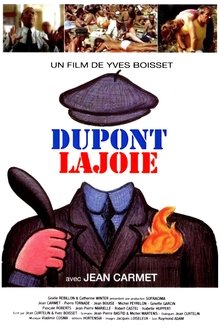
The Common Man (1975)
Georges Lajoie is a Parisian café owner. As every summer, Georges, his wife Ginette and grown-up son Léon go on holiday to Loulou's campsite, where they meet up with the Schumacher family (whose father is a bailiff) and the Colin family (who sells bras in the markets). This year, their peace is slightly disturbed by the proximity of a construction site where foreign workers are employed. Xenophobic comments are made. One evening at the ball, a fight breaks out between Lajoie, Albert Schumacher and two algerian immigrant workers...
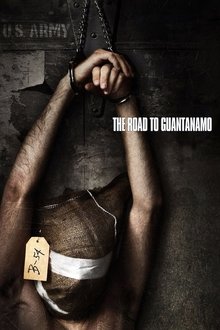
The Road to Guantanamo (2006)
Part drama, part documentary, The Road to Guantánamo focuses on the Tipton Three, a trio of British Muslims who were held in Guantanamo Bay for two years until they were released without charge.
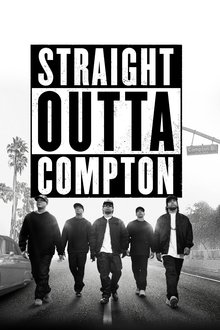
Straight Outta Compton (2015)
In 1987, five young men, using brutally honest rhymes and hardcore beats, put their frustration and anger about life in the most dangerous place in America into the most powerful weapon they had: their music. Taking us back to where it all began, Straight Outta Compton tells the true story of how these cultural rebels—armed only with their lyrics, swagger, bravado and raw talent—stood up to the authorities that meant to keep them down and formed the world’s most dangerous group, N.W.A. And as they spoke the truth that no one had before and exposed life in the hood, their voice ignited a social revolution that is still reverberating today.
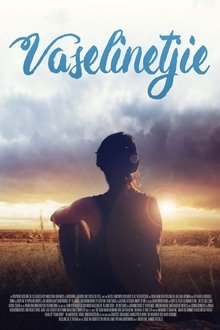
Vaselinetjie (2017)
At the age of 8, Vaselinetjie is taken away by the Welfare and send to the orphanage. It's a strange, hard, dangerous world of rebel children, fierce house mothers,friends, first loves and where she finally finds true self-acceptance.
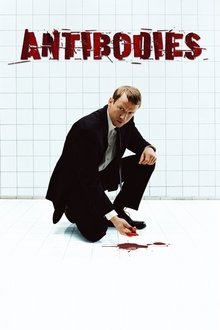
Antibodies (2005)
When a notorious German serial killer is captured after committing some of the most heinous acts against humanity ever imaginable, a farmer and police officer from a sleepy rural community on the outskirts of Berlin is drawn into the case as he searches for the answers to a murder that has shaken his tight-knit community.
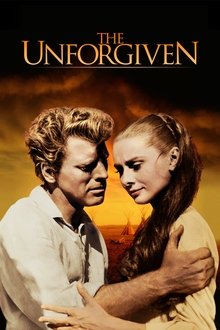
The Unforgiven (1960)
The neighbors of a frontier family turn on them when it is suspected that their beloved adopted daughter was stolen from the Kiowa tribe.
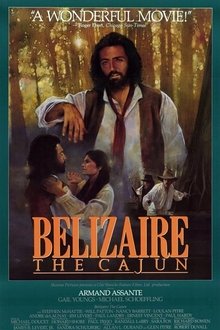
Belizaire the Cajun (1986)
In 19th-century Louisiana's Cajun country, Belizaire is the informal spokesman for his citizens, who don't see eye to eye with local racists who wish to eradicate all Cajuns. Complicating matters is that Belizaire's former flame is now married to his biggest rival, an affluent landowner's son. Before he knows it, Belizaire is caught up in a web of murder, lies, and prejudice.
